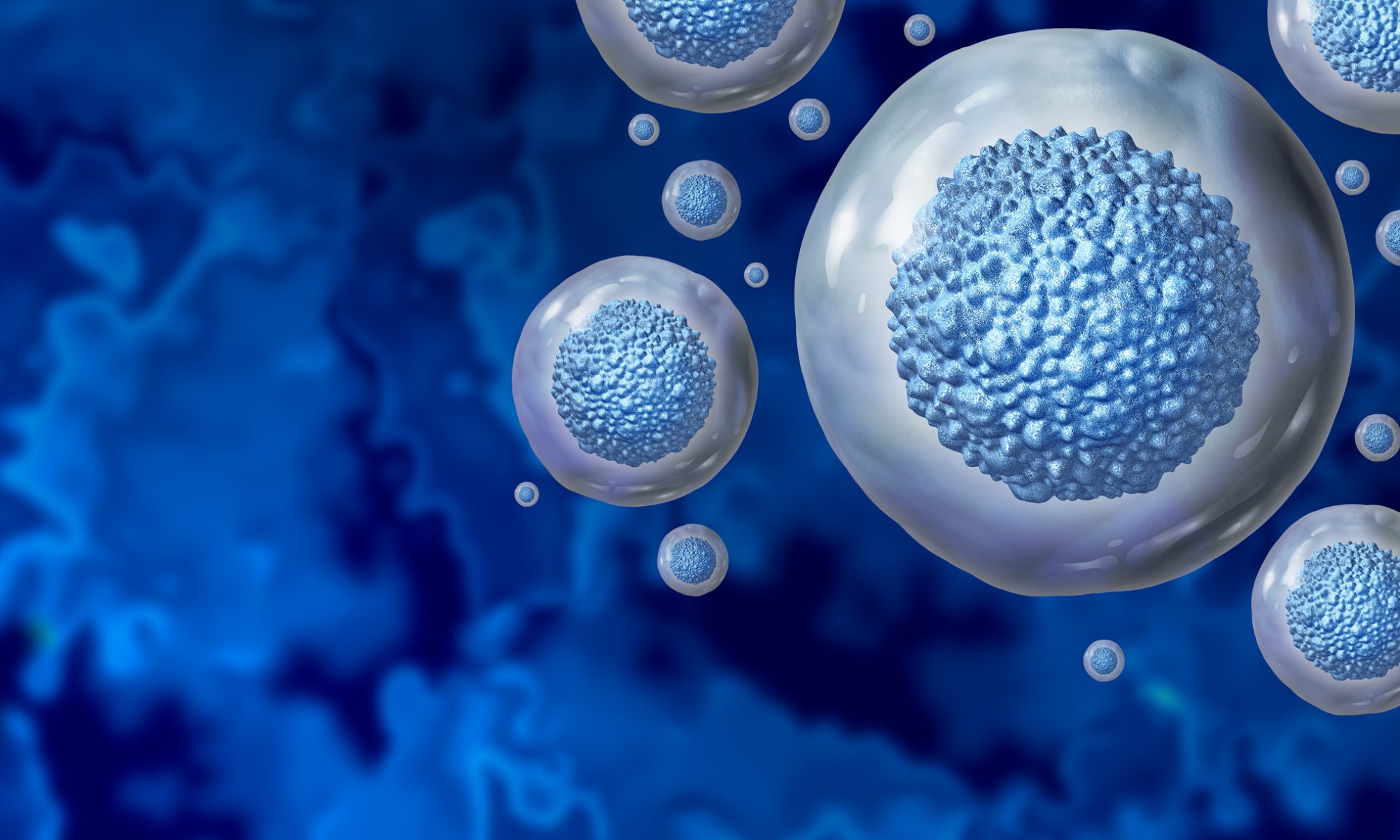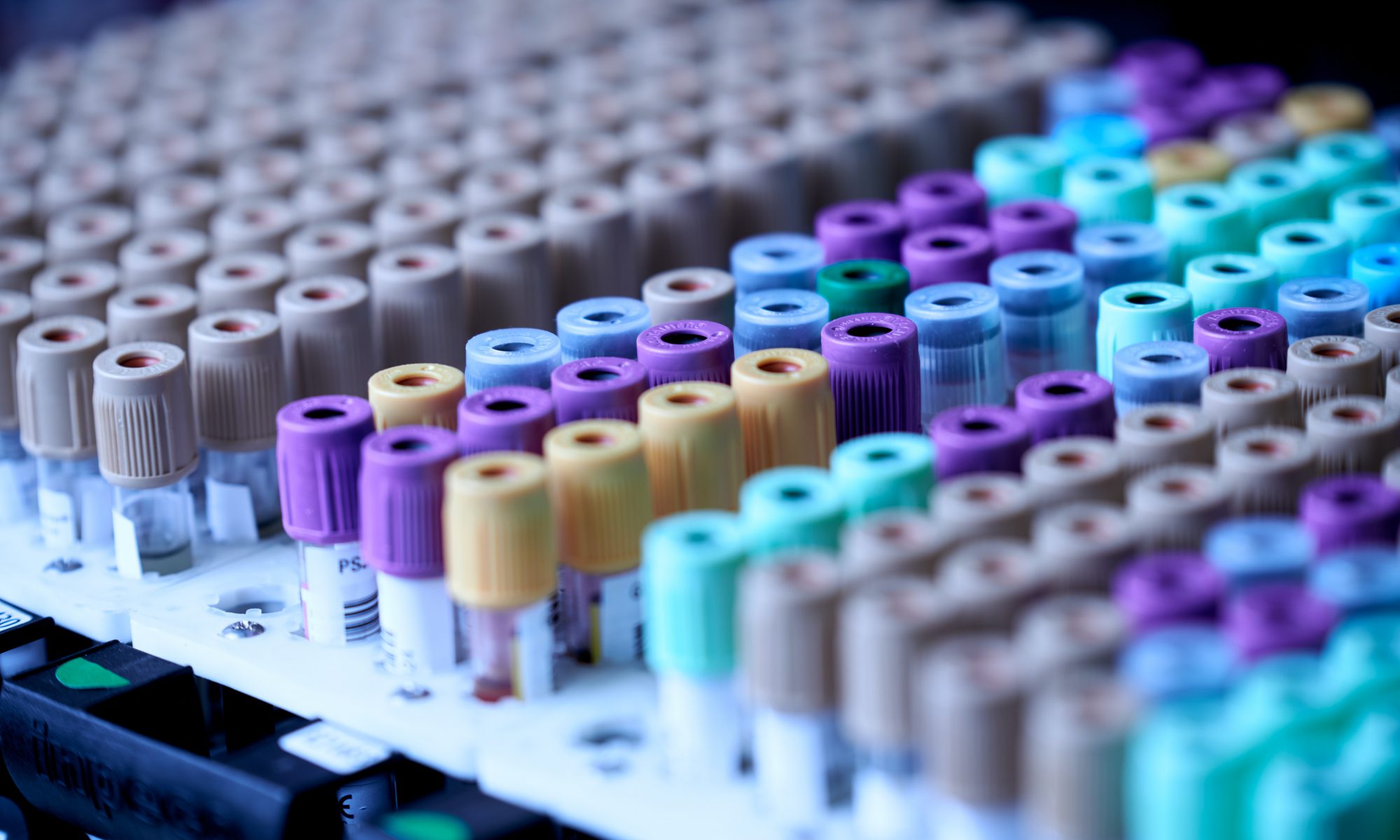For recipients of kidney transplant who received an infusion of dexmedetomidine, early postoperative renal function was improved, according to a study published in Annals of Medicine. However, total vessel density was not greatly different between the intervention and control groups. Yu-Change Yeh, MD, PhD, and colleagues randomly assigned transplant recipients to a control group or dexmedetomidine group. Read more in Physician’s Weekly.
Is a Bioengineered Heart From Recipient Tissues the Answer to the Shortage of Donors in Heart Transplantation?
With the increase in life expectancy worldwide, end-organ failure is becoming more prevalent. In addition, improving post-transplant outcomes has contributed to soaring demand for organs. Unfortunately, thousands have died waiting on the transplant list due to the critical shortage of organs. The success of bioengineered hearts may eventually lead to the production of limitless organs using the patient’s own cells that can be transplanted into them without the need for immunosuppressive medications. Despite being in its infancy, scientists are making tremendous strides in “growing” an artificial heart in the lab. We discuss these processes involved in bioengineering a human-compatible heart in this review. The components of a functional heart must be replicated in a bioengineered heart to make it viable. This review aims to discuss the advances that have already been made and the future challenges of bioengineering a human heart suitable for transplantation. Read the full article in Cureus.
Are Lung Transplant Patients More Prone to Cancer?
A lung transplant involves replacing a diseased lung with a healthy lung from a donor. Surgeons can swap out one or both lungs during this operation. Transplantation is an option for people with failing lungs due to a variety of health conditions. If a lung transplant is successful, it can offer many patients a longer, better quality of life.1
However, there are also serious risks to consider, including a higher chance of developing certain types of cancer after the transplantation. This risk is attributed to conventional risk factors, such as a history of smoking in both recipients and donors, and to immunosuppression after transplantation.2 Read the full article in Verywell Health.
Immunosuppression Adherence in Pediatric Kidney Transplant
Following solid-organ transplantation, the primary aim of care is preventing allosensitization. Despite potent immunosuppression, nonadherence often disrupts treatment, resulting in rejection. Among recipients of kidney transplant, the strongest predictors of allograft failure are nonadherence and subsequent antibody or T-cell-mediated rejection (AMR and TCMR, respectively). Read more in Nephrology Times.
Allogeneic Stem Cell Transplant Outcomes Improve With Diverse Gut Microbes, Immune Cells
NEW YORK – A team from Weill Cornell Medical College, Memorial Sloan Kettering Cancer Center, and elsewhere has demonstrated that interactions between the gut microbial community and the immune system can influence an individual’s response to a bone marrow transplant to treat leukemia, lymphoma, multiple myeloma, and other blood conditions.
Past studies have suggested ties between microbial diversity and favorable allogeneic hematopoietic stem cell transplantation (allo-HCT) outcomes, or transplants involving stem cells from healthy donors. For their new study, the researchers set out to characterize fecal microbiome features alongside immune cell features and clinical outcomes in allo-HCT recipients — work they presented in Science Translational Medicine on Wednesday.
Read more in GenomeWeb.
Deceased donor chain initiating kidneys might increase annual transplants
Simulations revealed that using deceased donor kidneys in transplant chains could increase the number of transplants by 290 a year, according to data published in the Kidney International Reports.
Further, investigators noted that using deceased donors (DD) can increase transplantations for blood type O kidney-paired donation (KPD) candidates. Read more in Healio.
Transplant patients need mental health resources, education, support due to pandemic
Patients on dialysis and patients receiving care for transplantation reported a need for increased mental health resources, patient-focused education and support following the COVID-19 pandemic, according to published data.
Further, patients reported more frequent and severe panic attacks as a direct result of the pandemic. Read more in Healio.
CareDx Leads Transplant Innovation with AiKidney, an AI Clinical Decision Support Tool for Predicting Allograft Rejection Risk
Data from AiKidney Helps Clinicians Gain New Insights into Patient’s Risk of Allograft Rejection
CareDx to Host Investor Event to Share More Information About AiKidney, Clinical Pipeline and Using Augmented Information in Transplantation
SOUTH SAN FRANCISCO, Calif.–(BUSINESS WIRE)–Jun. 2, 2022– CareDx, Inc. (Nasdaq: CDNA) – The Transplant Company™ focused on the discovery, development, and commercialization of clinically differentiated, high-value healthcare solutions for transplant patients and caregivers – today announced that it plans to expand its growing multimodality portfolio with AiKidney™, a new allograft risk assessment clinical decision support tool, in development, that includes AlloSure® and other transplant metrics.
Read the complete press release at CareDx.com.
International Heart Rhythm Societies Set Out Recommendations on Genetic Testing for Cardiac Diseases
NEW YORK – Four international associations focusing on heart rhythm disturbances have published a consensus statement regarding how to best use genetics to test for inherited cardiac diseases.
The 61-page document was authored by representatives of the European Heart Rhythm Association (EHRA), a branch of the European Society of Cardiology; the Washington, D.C.-based Heart Rhythm Society; the Asia Pacific Heart Rhythm Society; and the Latin American Heart Rhythm Society. Read the complete story in GenomeWeb here.
CareDx Innovation Showcased in Record-Breaking Number of Scientific Abstracts with Over 50 Presented at 2022 Transplant Congress
First Oral Presentation of OKRA Study Data Highlights CareDx Leadership in Multimodality KidneyCare
Symposium Highlights Power of CareDx Artificial Intelligence Solutions
SOUTH SAN FRANCISCO, Calif.–(BUSINESS WIRE)–Jun. 1, 2022– CareDx, Inc. (Nasdaq: CDNA) – The Transplant Company™ focused on the discovery, development, and commercialization of clinically differentiated, high-value healthcare solutions for transplant patients and caregivers – today announced a leading presence at the 2022 American Transplant Congress (ATC) with over 50 oral and scientific poster presentations. CareDx will also be sponsoring a symposium, three product theatres, and an Innovation Day session covering the latest innovations in transplantation.1 The ATC meeting takes place June 4-8 in Boston, Massachusetts. Read the full press release on CareDx.com.







